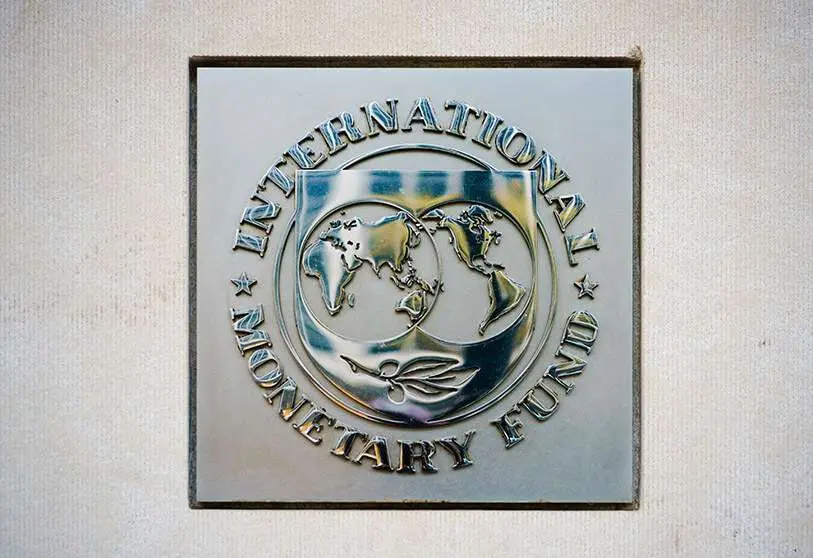IMF sets out the reforms Tunisia needs

Tunisia's economic situation continues to improve. The economic crisis is still affecting the country and the reforms that have been put in place have not been enough to alleviate the effects of the recession. The International Monetary Fund (IMF) is studying the country's position on economic reforms and, for this reason, a delegation headed by Jihad Azour, director of the IMF's Middle East department, has visited the country. There, the delegation has devoted itself to seeking new financing to put an end to the crisis, which also coincides with a political transition that will bring about major political reshuffles.
Tunisian President Kais Saied received the IMF team and expressed his full support for the ideas that the IMF wants to see implemented. While agreeing with the IMF's demands, Saied said the IMF should take into account the suffering of the Tunisian people, as they are likely to be the most affected by the economic reshuffle.
Several economic and political groups in the country are not entirely satisfied with the new reforms. They fear that the reforms will severely affect Tunisian citizens, noting that the reforms that most concern them are those of social peace and the reversal of subsidies for materials and basic commodities.

Everyone agrees that Tunisians will be the ones to lose out from this new reform package. Tunisians will have to face the reforms head-on and do not agree with some points of the reform programme, such as the points associated with the increase in subsidies and the freezing of employees' payroll bills.
Due to this and the current situation, the social conditions will be worsened and already the social movements are starting to organise strikes. One of them, the General Union of Tunisian Workers (UGTT), says it does not understand that Tunisians are being harmed by this aid and demands better conditions for the sectors hit hard by the coronavirus.
The UGTT has rejected all of the IMF's reform proposals in their entirety, arguing that until Tunisia has political stability that ensures good prospects for its citizens, it cannot face these changes.
For its part, the IMF wants the country's leaders to issue a new loan aimed at approving the social reform programme. Already, media outlets such as Fitch Ratings warn that this tension will hinder Tunisia from signing an agreement with the IMF. It also believes that the government and the trade union movement have to reach a middle ground on this new reform package in order to implement the IMF loan and support the country's external position.
Tunisia is suffering from a major economic and financial crisis that has increased following the effects of COVID-19 and the war in Ukraine. Moreover, the political instability in the country is not improving the situation and political parties are disrupting the government's efforts to resolve the crisis.
The IMF says the country faces structural challenges that cause the nation to have large macroeconomic imbalances and weak economic growth, resulting in a lack of employment and investment and deep social inequalities.

"Reducing the budget deficit through a fair taxation system, strict control of the wage block, better targeting of support and deep reform of public institutions is necessary to reduce macroeconomic imbalances," says the institution.
Right now, Tunisia needs to receive 12.6 billion dinars in external loans to finance this year's budget deficit. Public debt has already reached 106 billion dinars and the situation is worsening. For its part, the government expects the debt to grow to 114.1 billion dinars by 2022, equivalent to 82.6% of GDP.
The situation is worsening at a time when the government and trade unions are in tension. Tunisia is finalising preparations for a popular referendum that will bring about changes to the constitution and allow access to reforms. But the unions still refuse to allow this to happen because it will not improve the situation for Tunisians and strikes have already begun.









